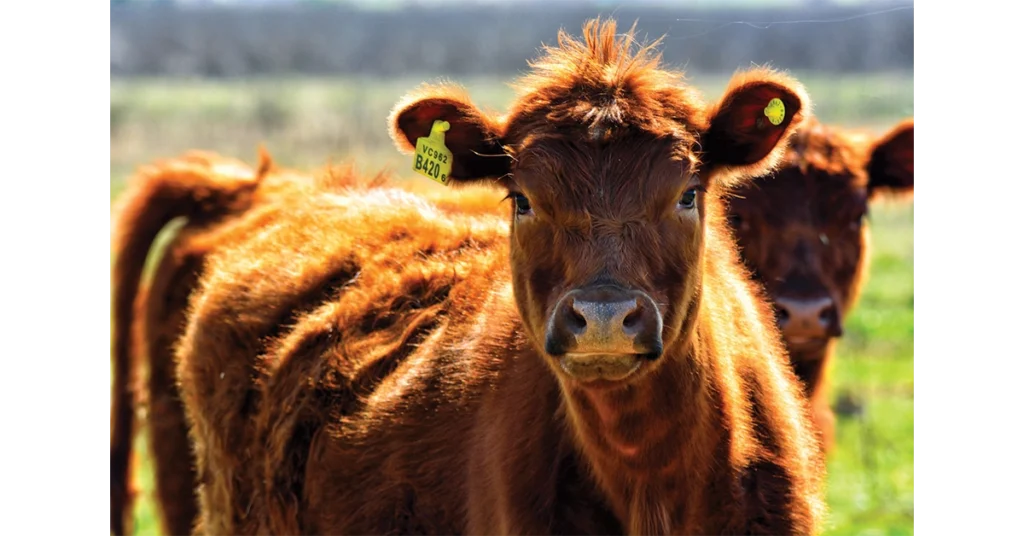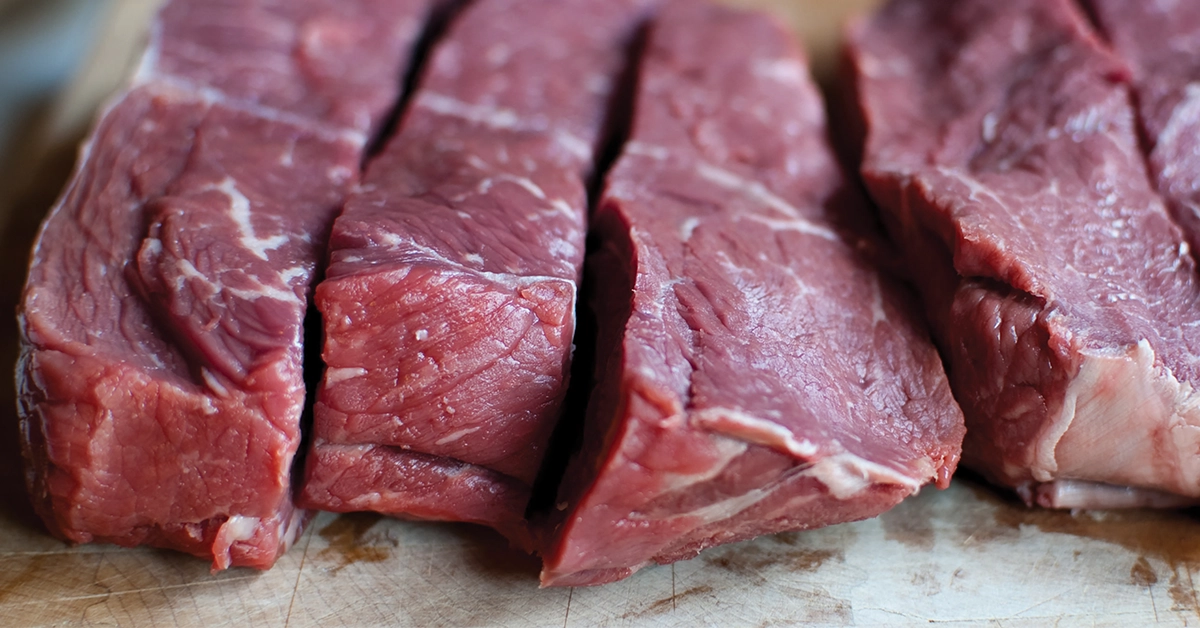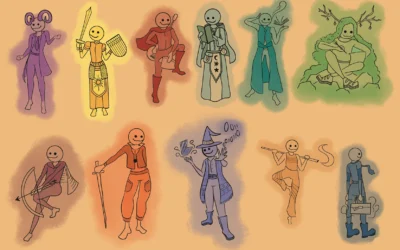Beef production is something that many Albertans pride themselves on. With many people being personally connected to farming communities, it is an important factor
in our lifestyle for both personal and economic reasons. It is so crucial to our identity that when Earls Restaurants Ltd. claimed they were going to stop using Alberta beef in early 2016, there was an uproar that could be heard across the entire province.
Alberta’s strong connection to beef makes the idea of significantly reducing meat production seemingly unimaginable — but, according to a recent study out of Oxford University, if Canadians want to reduce greenhouse gas emissions and increase their overall health, that is exactly what the province will have to do.
The study determined a tax for various foods based on the environmental impact the food has from the beginning of the farming process until it reaches the consumer’s plate. Although at one point meat was seen as a luxury item, more and more people are able to afford it. Since meat (particularly beef) production has a large carbon footprint, the study has proposed a 40 per cent tax on beef products. Chicken, lamb, and pork were also given taxes, though lower than beef’s tax. The researchers estimate that if this taxation was implemented worldwide, it would decrease emissions by 1 billion tonnes per year.

“It is clear that if we don’t do something about the emissions from our food system, we have no chance of limiting climate change below (two) degrees Celsius,” Marco Springmann, the lead researcher of the study, told The Guardian.
According to the study, “the food system is responsible for more than a quarter of all greenhouse gas (GHG) emissions, most of which are related to livestock.”
Alongside things such as fossil fuels consumed to distribute meat products and animal methane produced during the growing process, a large number of resources are required to raise enough livestock for consumer demand. Thirty per cent of the world’s land is being used to grow grains, vegetables, and other crops — not for direct human consumption, according to an online report by the United Nations Food and Agriculture Organization, but to feed livestock that will eventually be eaten.
Rich Smith, the executive director of Alberta Beef Producers, doesn’t necessarily agree that meat production is creating a big problem for the environment.
“I would say there’s some impact from agriculture and food production, certainly some impact from meat production, (but) I would argue that basically all human activity has environmental impacts,” Smith said.
Smith thinks that a meat tax, such as the one proposed by the Oxford study, would probably have the intended results, but that they would come at a price. Instead of affecting the general consumer, they would have a harder impact on low-income families.
“People that were wealthy would continue to make the dietary choices that they wanted to and they would continue to eat meat,” he said. “What (the tax) would do would be to shift the ability to eat Alberta beef away from people with less income, so I don’t know that that’s a progressive move.”
Besides the conclusions made by the study regarding the environmental impact, there are health-related issues as well. According to Statistics Canada, over a quarter of the population eats more than the recommended daily intake of meat products. These types of foods, as well as dairy products, have been known to cause illnesses such as heart disease and certain types of cancer, especially when eaten in excess.
Smith is concerned about the removal of meat from the average diet, and explained how it could be detrimental for people to not have access to an easy source of nutrients, something he feels the meat industry is able to provide.
‘It is clear that if we don’t do something about the emissions from our food system, we have no chance of limiting climate change below (two) degrees Celsius.’
-Marco Springmann
“It is produced locally; it’s produced in Alberta to a very high environmental and food safety standard,” he said. “Our cattle production takes grass that people can’t eat and converts it into beef that is a very good source of nutrients for people. Trying to constrict meat production in Alberta just wouldn’t be in the best interest of Albertans or any of our other customers around the world.”
However, Springmann and his team took these factors into account while running the study, ensuring that low-income families would still be able to afford a proper diet. Their most prominent suggestion involves governments using some of the tax revenue to subsidize fruit and vegetables, as those can be some of the most expensive groceries. Another caveat would be special policies for countries with a very low GDP or percentage of people who are underweight.
The researchers determined that these dietary changes would prevent over half a million deaths globally every year.
Though the transition to less meat may be a big step for some people, the trend is already underway. Even restaurants like McDonald’s, whose biggest selling point is fresh beef burgers, are finding a niche in offering vegan and vegetarian options.
Springmann told The Guardian that he hopes enough people will jump on board in time to make a real difference.
“Either we have climate change and more heart disease, diabetes, and obesity, or we do something about the food system,” Springmann said.
Photos supplied.





0 Comments